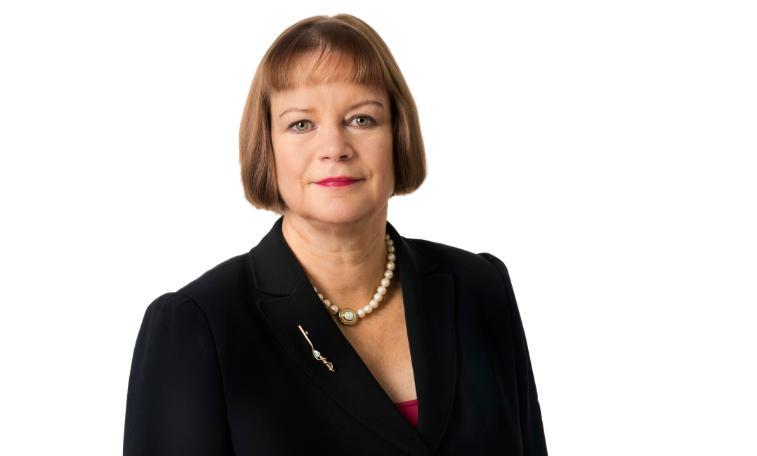When corporate governance goes wrong, it is usually down to human behaviours

When corporate governance goes wrong, it is usually down to human behaviours, said founder of UCD’s Centre for Corporate Governance, Professor Niamh Brennan.
Brennan is the Academic Director of The UCD Centre for Corporate Governance and is Programme Director of its flagship programme, the UCD Diploma in Corporate Governance.
With corporate governance issues becoming increasingly important across all areas of business, the UCD Diploma imparts the technical knowledge necessary to support the varied tasks required of senior executives in governance roles and current and prospective company directors.
Brennan said that corporate governance is a highly regulated activity. “On the Diploma programme, we cover all of the regulations – the legal regulations as well as regulations coming from corporate governance codes.”
“In various ways, we also pick up on the behavioural side of things because when corporate governance goes wrong, it is almost always down to human behaviours. We talk about what it is like to be on a board of directors, on an audit committee and look at how to deal with people interaction. Our lecturers use different kinds of teaching methods to bring out the behavioural side of things.”
“It is as important to focus on the human side of corporate governance as well as regulatory side. In fact, I often think that the human side is the more powerful and crucial one.”
The programme is designed for senior people who hold governance roles or who wish to hold these roles in the future. “This means that we have a mix of executives from organisations and others moving into a second phase in their career who might like to apply for non-executive directorship roles,” said Brennan. “We also have participants who come from family run businesses, from NGOs and from the private sector.”
This diversity of backgrounds brings a wealth of experiences into the classroom. “We once had a paediatric cardiologist on the programme and when it came to talking about risk – he said the risk is when you’ve opened the heart and blood is pumping out you have to slow down your thinking,” said Brennan. “This is a really interesting angle on risk that the business people on the programme wouldn’t have necessarily thought about.”
Brennan said that participants learn from each other and the fact that so many of them have lengthy careers under their belt means that they are bringing a wealth of experience into the classroom. “This really brings governance to life.”
The programme is a mix of academic and practical learning. “The academic material that we cover enriches their insights and understanding of what they’ve been doing in the workplace. Equally, participants bring their practical experience into the classroom. The two complement each other beautifully.”
The class goes away for a weekend together each semester. Part of the motive is to enhance the social chemistry in the class. “Another technique to draw out the experience in the class is role play. One role play involves dividing the class into three groups, lawyers for the plaintiff, for the defendants and the judges, where they role play a judgment from the Irish courts. We role play the issues in the case and happily the role play often decides differently to what the actual judge decided.”
“As a mechanism to get to know each other, I get participants to conduct a board meeting,” she said. “The class is divided between management, non-executive directors and six contrarian non-executive directors that interfere with the smooth running of the meeting. This makes the role play as close to reality as it can be.”
The students have some course work to complete, mostly in groups. “If you are on a board of directors, learning to work in groups is integral.”
The programme runs over two twelve-week semesters and lectures are from 4.30pm to 7.30om on Monday and Tuesday evenings.
The programme has been running since 2004 and we have a very stable, experienced group of lecturers, said Brennan.
“At the end of each of the two semesters, the students have two two-hour open-book exams. There is no memory work involved.”
“Our Diploma is ideal if you are looking for a formal qualification in corporate governance. Having this on your CV will improve your authority in the boardroom. There is no requirement to have an undergraduate degree either, we substitute business experience for that requirement, so if you haven’t been to university before, this is a great opportunity to experience what it is like.”











